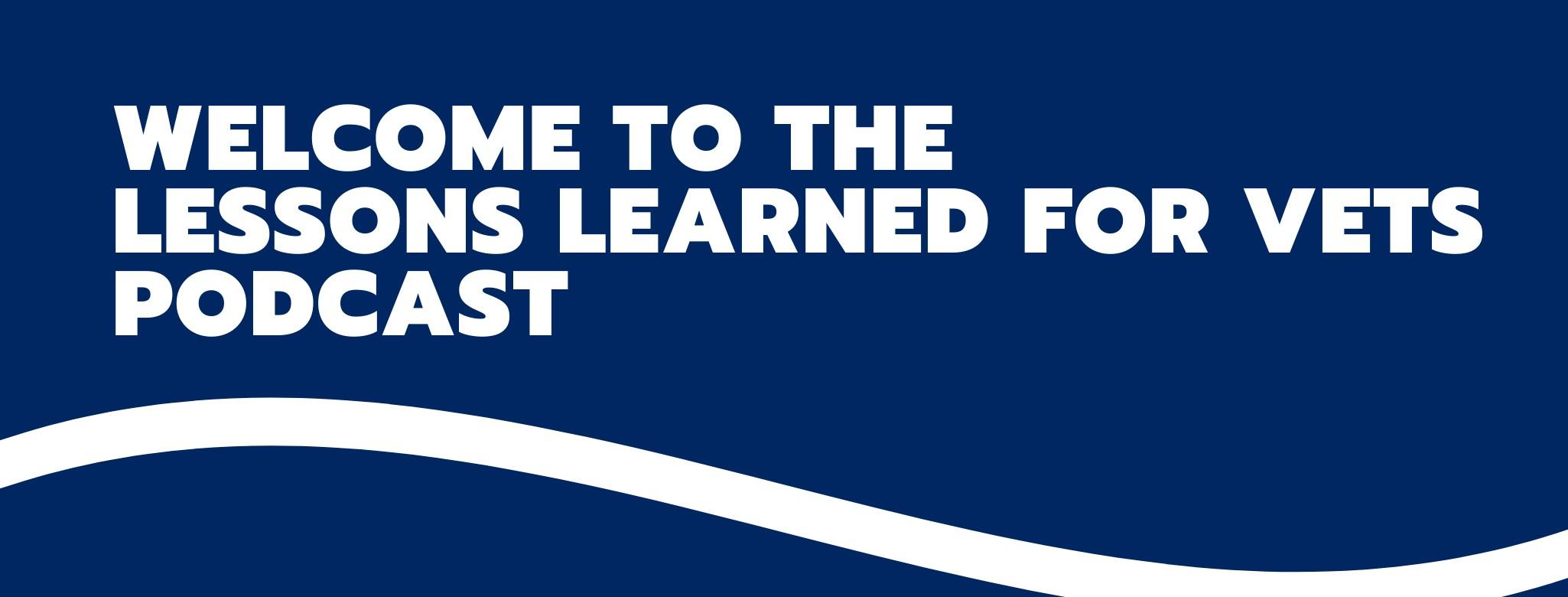
Episode 7:
Serving the Army and Guard components for 21 years, Matt spent most of his military career as an aviation operations specialist. Toward the end of his service, he was placed into an operational, planning and training role, at which he excelled. The soft skills gained from these positions particularly helped Matt transition to his current role as a knowledge manager in a civilian position with the Army. He strongly recommends making the time to focus on what you want to do after your military career comes to a close so that you can reach out to the people who actually want to help you in your next professional chapter.
Lessons Learned:
- Take an interest in LinkedIn and leverage the power of networking before you need to start.
- The hiring process takes a long time; you don’t always get called back; you won’t always know why you weren’t called back.
- Start working on your transition to a new career 18 months before you separate or retire. Matt took 90 days to create a personalized career timeline for himself before going to TAP class.
- There are numerous resources for furthering your education while you are serving; learn how to use them and which one(s) will help you in the post-military role you want.
- The volunteers who run Vets2Industry give valuable, free resources to connect service-members and their families to professional opportunities.
- Connect with Matthew Langseth on LinkedIn
- Check out the Vets2Industry page at: vets2industry.com
Are You Struggling to Write Your Resume?
I created the Veteran Resume Self-inspection Checklist to lessen the resume writing struggle for veterans. This 11-item checklist will educate you in resume best practices while giving veterans a guide to assess their resume and determine if it's ready to send to employers.
Download Your Checklist Here




